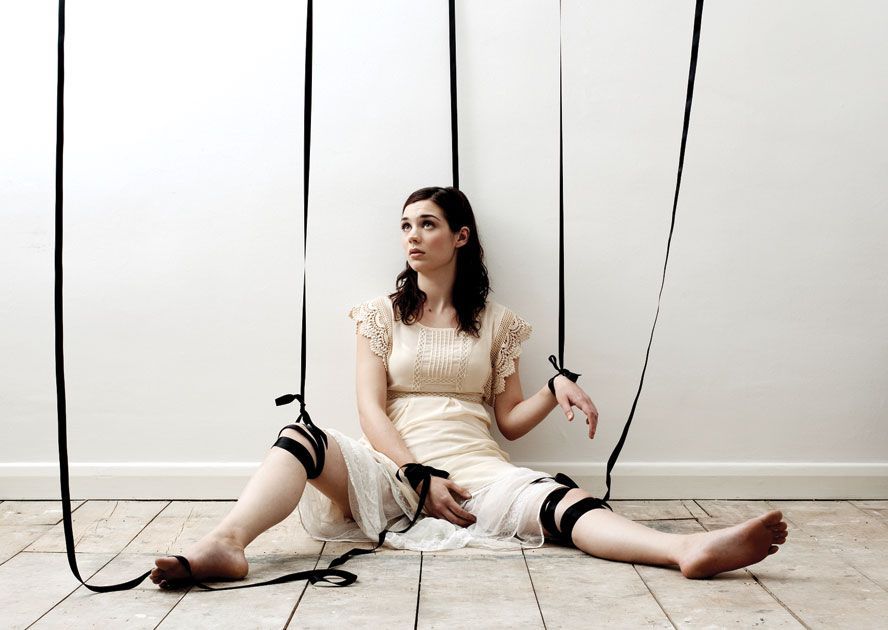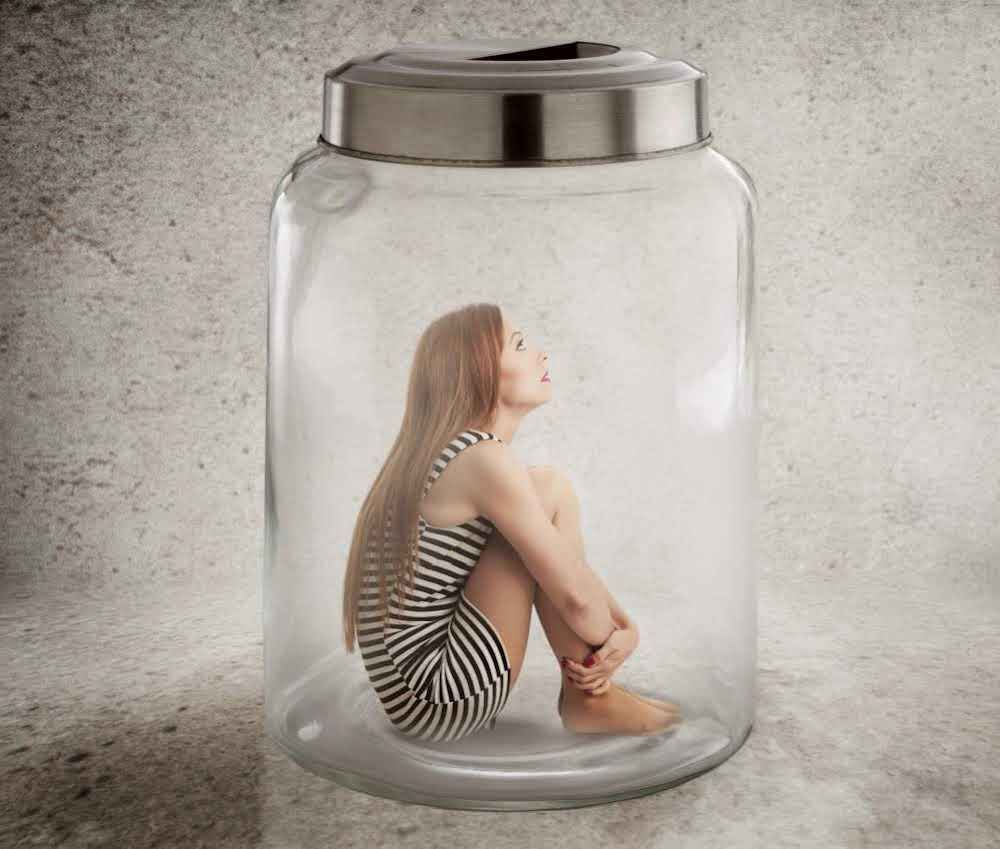Most couples enjoy going out for a drink together. You might both partake in a couple of glasses of wine with dinner, or look forward to a beer when you get home from work. But maybe you’re starting to feel your partner is hitting it a bit hard, and you’ve been picking up some red flags. If it’s reached the point where you feel your partner’s drinking is negatively affecting your relationship (or other aspects of life like career, family, health, finances etc.), you might feel you should say something, to check in that everything’s ok. Or should you?
(Of course, this subject can affect others in your life besides your partner. All of us have probably picked up on some red flags from a work colleague, a family member, or friends. In these cases, you would need to think about your level of connection with that person, and whether you are the most appropriate person to be initiating such a conversation. It can never hurt though to check in and ask how they’re doing.)
Drinking, Culture, and Statistics
Alcohol has been part of the Australian culture since colonization. We’ve been brought up in a society that promotes partying. Alcohol manufacturers sponsor everything they can, there’s a pub on every corner, and celebrations mean champagne! “Let’s drink to that!” Drinking is part of our world, and we can’t avoid it’s presence. That gives us the illusion that drinking is OK. Well, yes it is ok – in moderation (we are continually told).
Based on statistics, we know that not everyone drinks in moderation. Alarmingly, the Australian Institute of Health and Welfare (AIHW) reports that in 2019-2020 there were 1,950 alcohol-related deaths and 30,000 alcohol related hospitalisations in Australia. The leading causes for alcohol-related deaths among males were suicide (48%), accidental poisoning (23%) and car accidents (12%). For females the leading causes of alcohol-related deaths were suicide (43%), accidental poisoning (33%) and falls (9%). These are worrying statistics. Especially if you’ve been seeing some red flags where your partner is concerned.
Consider - Is Drinking a Problem For My Partner?
Reflect on your partner’s drinking habits, associated behaviours, and consumption levels. Do you have legitimate concerns? Is your partner’s behaviour negatively affecting your relationship? Has their job, finances, friendships, or health been affected? Get clear on what’s been happening and how often.
Being Brave
You might still wonder whether you should have the conversation or not. Ask yourself “If I thought my partner was medically ill, or indulging in risky behaviour, or gambling away their life savings, or being cruel to the dog – would I say something?” Chances are (I hope) – YES! If alcohol is affecting your relationship, it’s probably negatively impacting other aspects of your partner’s life too. If no action is taken, things can get progressively worse and lead to serious physical and emotional repercussions.
So, if in doubt, just do it!
Developing Openness and Trust
In all our close
relationships, whether with friends, family or romantic partners, we should ensure that we always openly communicate with each other. That means always sharing information and feelings - both positive and negative. If this is a part of your relationship, an environment of trust and openness will be present, and a feeling of safety will have developed between you both. This is VITAL when talking with your partner about their drinking.
When starting a conversation about drinking (or any other sensitive subject) we should ensure that this feeling of openness and trust is present. A good idea is to make sure we begin to develop this safety well before the drinking conversation. Do this by disclosing aspects of your own life that you’ve struggled with, now and in the past. Talk about some challenges that you’ve experienced, things that you aren’t proud of, things that show that you’re human. By showing our own weaknesses or errors of judgement, we let our partner know that no one’s perfect and that’s ok. Showing your own vulnerability lets your partner know that you trust them with your experiences and challenges, and they can do the same.
Sharing and trusting each other with our own issues can help lay the groundwork for starting the conversation about drinking.
When To Talk About Drinking?
Find a time when you’re feeling brave and confident. Pick a day and time when neither of you have been under stress, and you’re both feeling positive about your relationship. Make sure you’ve been developing trust and safety between you recently by being open about your own issues. And make sure it’s a time when you won’t be interrupted.
Where To Talk About Drinking?
Choose a location that’s private, away from prying ears. Your partner is not going to want this conversation overheard, so ensure your location gives this feeling of safety. Also ensure that the location is not where alcohol is available or would normally be consumed e.g. bar, restaurant etc. You should create distance from this kind of environment because you don’t want alcohol consumed during your conversation. You want to ensure that heads are clear while this important subject is discussed.
Important
Having this difficult conversation can cause discomfort, and in some situations, could lead to emotions of anger and resentment. If alcohol is bringing out a darker side to your partner and you don’t feel your concerns will be taken seriously, or it will bring about major conflict, think carefully about how to proceed. If this is the case, we recommend you seek advice from others to help you access the situation and formulate an appropriate plan to get your partner the support they need.
If abuse has been present in your relationship, be very cautious and seek professional support. Obviously if children are involved, always ensure their emotional and physical safety are maintained at all times. Contact numbers for crisis situations are listed on
FAQ page here.
In The End ….
If you have concerns about your partner’s drinking, you should talk with them, if you feel it’s safe to do so. There is a chance your concerns will be met with denial and cause some conflict. Alternately, your partner may appreciate that you’ve noticed they’re struggling and feel grateful that you’ve intervened. Either way, you acted out of love and concern and that’s the important thing to get across.
Update: Read next week’s blog post to find out “How
to talk with your partner about their drinking”.
If you’re interested in finding out more about individual counselling to help you get through this,
click
here
for a free phone chat about your unique situation.












